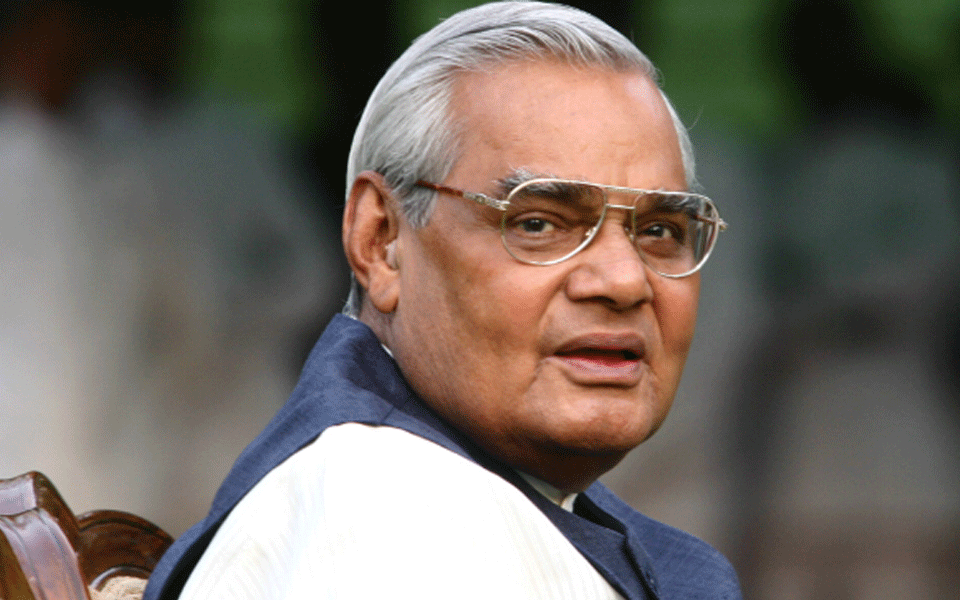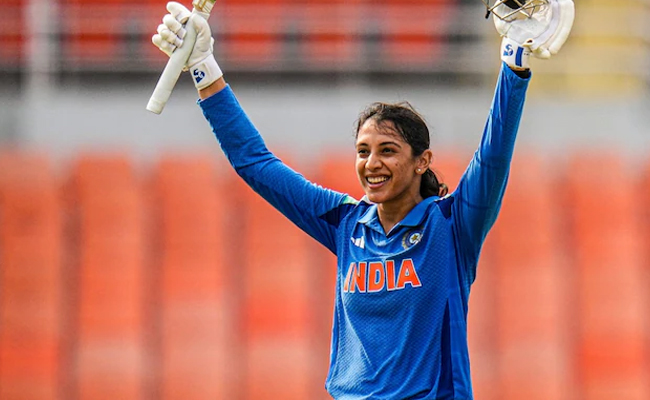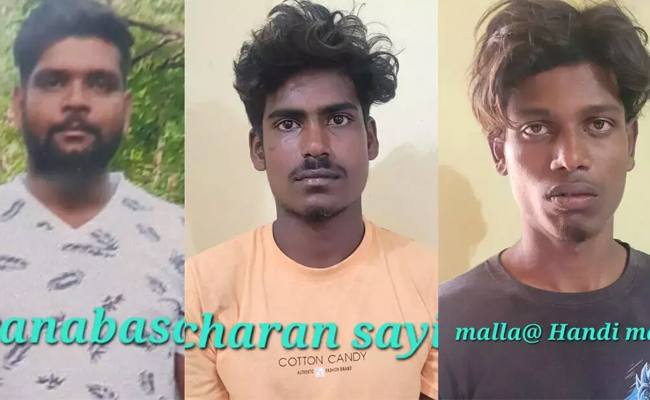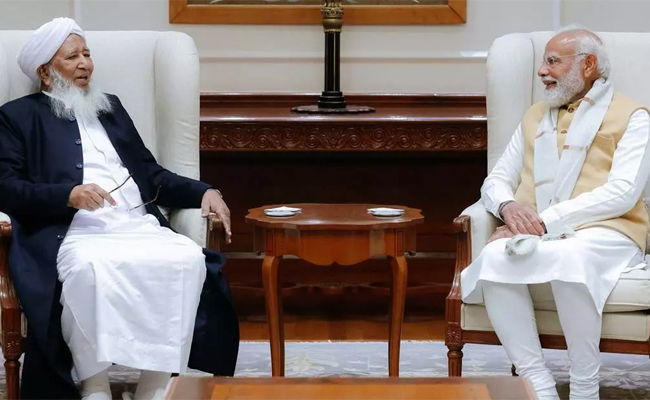A nationalist, a gifted orator and the Bharatiya Janata Party’s Jawaharlal Nehru – here’s what the Indian newspapers had to say about Atal Bihari Vajpayee who passed away on Thursday, 16 August. International media, too, paid their tribute to the nonagenarian – calling him “instrumental in strengthening India’s international ties”.
Here are our top picks.
Liberal and Nationalist: Who Shaped Vajpayee’s Persona?
Vajpayee’s sin was that he had crafted the early BJP as a secular, socialist legatee of the Janata party; he had also opposed the Ayodhya movement. It was Advani who was the RSS’s choice for PM for the 1996 elections. But in November 1995 in Bombay, Advani announced Vajpayee as the prime ministerial candidate – to the astonishment of those on stage, and dismay of the RSS. From then on, Vajpayee could not be toppled – becoming prime minister in 1996, 1998, and in 1999 – while Advani withdrew to number two.
– Vinay Sitapati, The Indian Express

Atal Bihari Vajpayee: A Gifted Orator Whose Stories Always Had a Sting in the Tail
Vajpayee’s oratory was legendary. He had the ability to craft a compelling story out of nothing and hold his audiences spellbound. What people looked out for was not what he spoke on but whether there was a usual small sting in the tail. I recall a national council meeting in Jaipur just before the 1991 election when the talk was on an impending Ram toofan. “The problem with the toofan,” he rued “is that we have to be careful not to get blown over ourselves.” Then, with the cryptic tone the party had come to associate with him, added: “The BJP is not a dharma sabha. It is a political party.” The remarks said it all.
– Swapan Dasgupta, The Times of India

Why Atal Bihari Vajpayee Was the BJP’s Pandit Nehru
As PM, Vajpayee recalled in a speech in Parliament how he got restored in South Block’s corridor a portrait of Nehru he would notice while walking in, during his years in the Opposition. “I just had to ask as who removed it and the portrait was back at the assigned place,” the BJP veteran remarked. He never shied of wearing as a badge his admiration of Nehru – and the latter’s fondness of him as a young leader who could be PM one day.
– Vinod Sharma, Hindustan Times

Vajpayee: A Colossus, Unaided by Machines
...It would not be an exaggeration to say that when the news of the former Prime Minister's death was finally announced this evening, millions of Indians – including those who do not and never have subscribed to the ideology of the RSS or the BJP – felt a genuine sense of loss and grief. Only true mass leaders with that indefinable quality called charisma, unaided by the modern-day publicity machine of 24/7 television and relentless social media chatter, can evoke such emotions among vast swathes of people who never met them.
- Manini Chatterjee, The Telegraph

Atal Bihari Vajpayee Created a Peace Template for the Subcontinent
Atal Bihari Vajpayee’s most enduring legacy as Prime Minister is that he attempted to liberate India from the prison of the past with regard to two of the most intractable historical problems – Kashmir and Pakistan. That he did not succeed is evident. Indeed, when he demitted office in May 2004 after failing to win a renewed mandate in the elections to the 14th Lok Sabha, any lasting solution to the Kashmir issue, or to normalisation of India-Pakistan relations, seemed a long way off, even though some footprints of progress made during his tenure in office were undeniably visible.
– Sudheendra Kulkarni, The Hindu

Mr Vajpayee – the Face of the World’s Most Populous Democracy
A published poet, Mr Vajpayee dabbled in law, journalism and rebellion against British colonialism as a young man. A leader of the Hindu nationalist opposition to the once-invincible Indian National Congress party of Gandhi and Nehru, for most of his 50 years in politics he was virtually unknown outside India.
But for six years in his late 70s, Mr Vajpayee was the face of the world’s most populous democracy, a nation of one billion whose ethnic, religious and regional conflicts had fomented massacres, three wars with Pakistan and internal strife for a half-century after independence from Britain in 1947.
– The New York Times
Atal Bihari Vajpayee, Prime Minister Who Made India a Nuclear Power
In 1951, Mr Vajpayee joined the newly formed political party called the Bharatiya Jana Sangh, the predecessor of the BJP. Later, he became the party’s leader and began a long parliamentary career. He served as foreign minister in the late 1970s in a coalition government. Under Mr Vajpayee’s leadership, the old Bharatiya Jana Sangh was reborn as the BJP in 1980.
An orator who peppered his speeches with wit and lines from his own poems, Mr Vajpayee was viewed more as a kind of philosopher-king and less as a hard-nosed politician.
– The Washington Post
His Masterful Oratory Attracted Tens of Thousands to His Rallies
The former journalist and poet-turned-politician was one of the few opposition lawmakers inside Parliament when India’s first prime minister, Jawaharlal Nehru, still held office. Nehru was PM from 1947 until his death in 1964.
Vajpayee’s more than five-decade-long career peaked in the 1990s, when his masterful oratory attracted tens of thousands to his rallies across the country.
– The Guardian
courtesy : thequint.com
Let the Truth be known. If you read VB and like VB, please be a VB Supporter and Help us deliver the Truth to one and all.
New Delhi (PTI): Star batter Smriti Mandhana, who played a pivotal role in India's historic 2025 Women's World Cup triumph, was named the BBC Indian Sportswoman of the Year for 2025 at a glittering function here on Monday.
Chess prodigy Divya Deshmukh won the Emerging Player of the Year award, for her historic FIDE Women's World Cup triumph at just 20.
Preethi Pal was named the Para-Sportswoman of the Year, for winning two bronze medals at the 2024 Paris Paralympics in track and field, while Anjali Bhagwat was honoured with the Lifetime Achievement Award, recognising her pioneering career as India's first woman shooter to reach an Olympic final and her trailblazing success on the world stage.
Mandhana, who is currently touring Australia with the Indian team for multi-format bilateral assignments, said in a video message: "Thank you BBC for giving me the awardfor Best Sportswoman of the Year. 2025 was a special year for women's cricket, especiallytowards the end we had a World Cup and I'm happy I could contribute and help India win matches.".
At 29, the left-handed batter is already among the game's greats, with the second-highest number of centuries in women's One Day Internationals and ranking third in total runsscored among current players worldwide.
Hailing from Sangli city in Maharashtra, the affable Mandhana was inspired by her father and brother, both of whom played cricket at the district level.
In September last year, she made a 50-ball hundred against Australia – the fastest 50 over international ton (men and women) by an Indian in the format, breaking Virat Kohli's record.
The award winners were decided by a distinguished grand jury comprising Leander Paes, Deepa Malik, and Anju Bobby George.
Praising the athletes' achievements CEO of BBC News, Jonathan Munro said: "Congratulations to this year's winners who showcase the very best in sporting excellence. The BBC World Service is committed to bringing such stories of human endeavour and outstanding success to audiences across India and around the world.".
Additionally, the ceremony also celebrated a wide spectrum of talent and impact, recognizing star performers and changemakers for redefining the landscape of Indian sport.
BBC Star Performers of the Year 202.
• Indian Women's Cricket Team: for their historic World Cup victory.
• Ekta Bhyan, Deepthi Jeevanji and Preethi Pal: for their trailblazing performances at the World Para Athletics Championship.
• Indian Women's Cricket Team for the Blind: for their inspiring World Cup victory.
• Indian Women's Kabaddi Team: for their smashing victory in World Cup.
.
BBC Changemakers of the Year 202.
• Indian Women's Ice Hockey Team: for breaking barriers in a non-traditional sport.
• Rajbir Kaur: Indian field hockey player and former captain of the women’s national team.
• Savita Punia: Indian field hockey player and current member of the national team.
• Paani Devi: recognised for her impactful contribution to grassroots sport.





